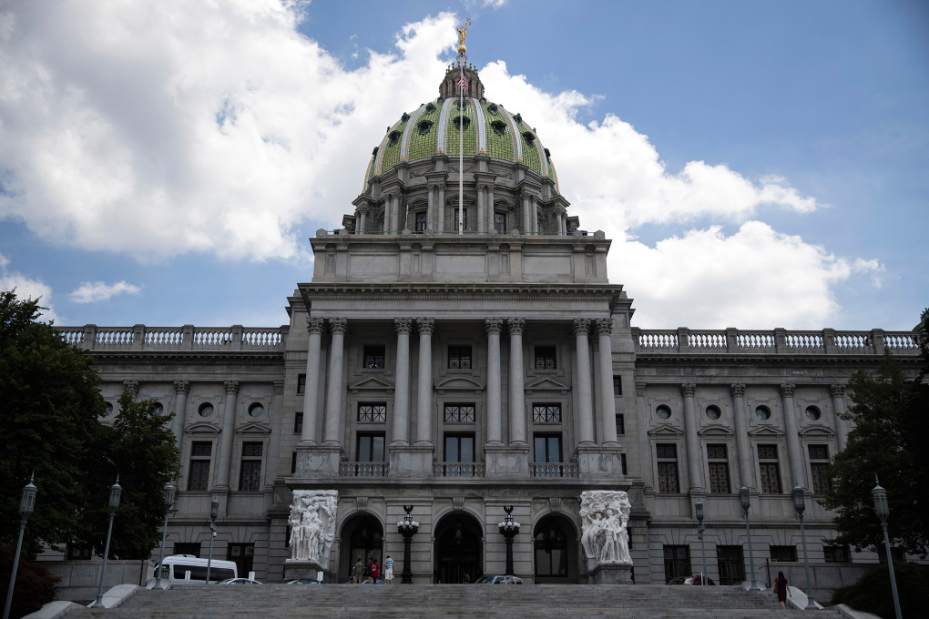Lowman Henry: Pa. economic development policy contrast stark on shale gas, HQ2
I t sounds like an economic developer's dream: over 243,000 direct and spin-off jobs with a core-job average salary of $93,000 and injection of billions of dollars into the state's economy. No doubt state, county and local governments will rush in with an array of incentives to secure that business for Pennsylvania.
That's what is happening as Pittsburgh and Philadelphia enter the next round of competition to be the site of Amazon's second headquarters, or “HQ2.” But the business I just described is not Amazon; it is the Marcellus shale industry.
Economic development policy in Pennsylvania is anything but consistent. It picks winners and losers, often based more on political considerations than economic viability. This has resulted in numerous examples of the state offering loans that ended up in default or businesses leaving when tax abatements expired.
There is no more stark comparison than the state's hostile approach to Marcellus shale development and its courtship of Amazon. State, county and local governments are willing to give away the proverbial store to get HQ2, yet are intent on heaping punitive tax upon punitive tax on the Marcellus shale industry.
Neither Amazon nor the energy companies need special treatment. Marcellus shale drillers and Amazon are each capable of paying the same taxes and operating under the same laws and regulations as other business in Pennsylvania. But that is not how we do things here in Penn's Wood.
The industry in the Marcellus shale region developed rapidly without government economic-development handouts. It being successful, state government decided to tax it. And so, a severance tax — called an “impact fee” — was placed on the industry. It continued to be successful, so more regulations were imposed.
Meanwhile, the clever folks at Amazon are masterfully playing states and cities against each other. Amazon could simply have picked and announced an HQ2 location. But why do that when you can ignite a bidding frenzy?
So, for now, Pittsburgh and Philadelphia are filling goodie bags with incentives in hopes of landing high-paying jobs and economic benefits that will flow from HQ2. Unfortunately, we the taxpayers don't know how much of our wealth they are giving away, as the process has been devoid of transparency. Thus, economic-development policy in Pennsylvania continues to penalize success, while attempting to entice new business by offering to have it pay less than its fair share of the tax burden when it gets here.
Amazon is unlikely to select Pittsburgh or Philadelphia for HQ2 because Pennsylvania lacks a state tax structure that is competitive with other states.
Pennsylvania's state, county and municipal governments need to reassess their economic-development approach. At the state level, onerous tax rates, job-crushing regulations and dysfunctional bureaucracy must be addressed.
Picking winners and losers and offering incentive packages to compensate for an uncompetitive tax and regulatory environment must end. Instead, we must cut taxes, eliminate over-regulation and streamline the bureaucracy to create a business climate that is competitive, welcoming and fair to all.
Lowman Henry is chairman and CEO of the Lincoln Institute. TownHall.com news editor Katie Pavlich, whose exclusive columns appear on the first and third Fridays of the month, is off today.

